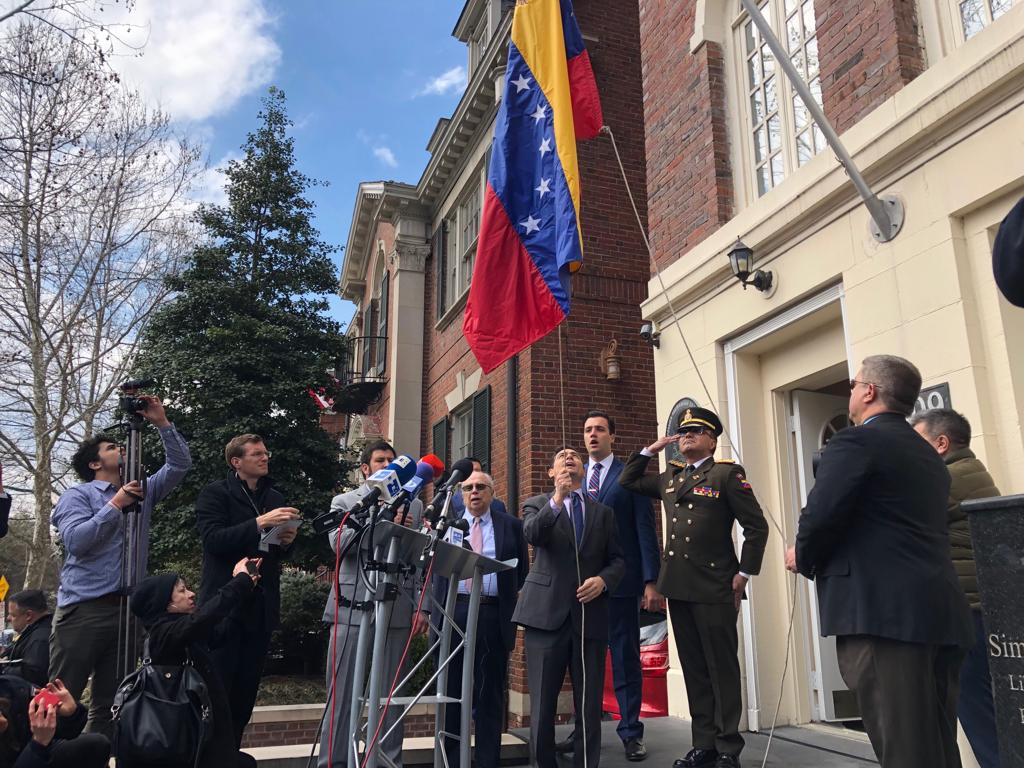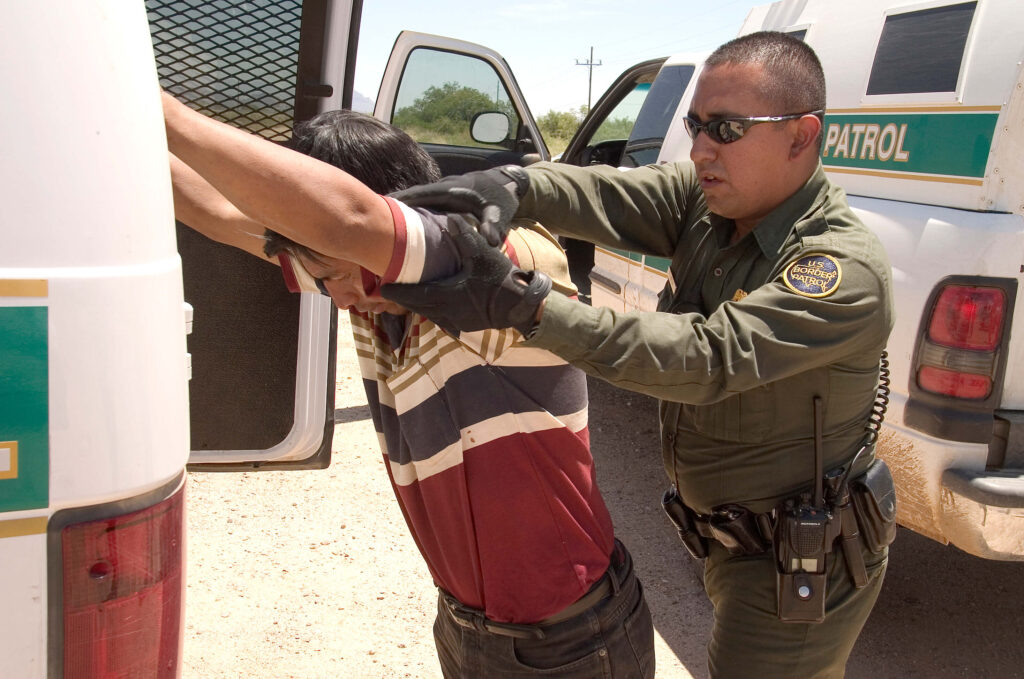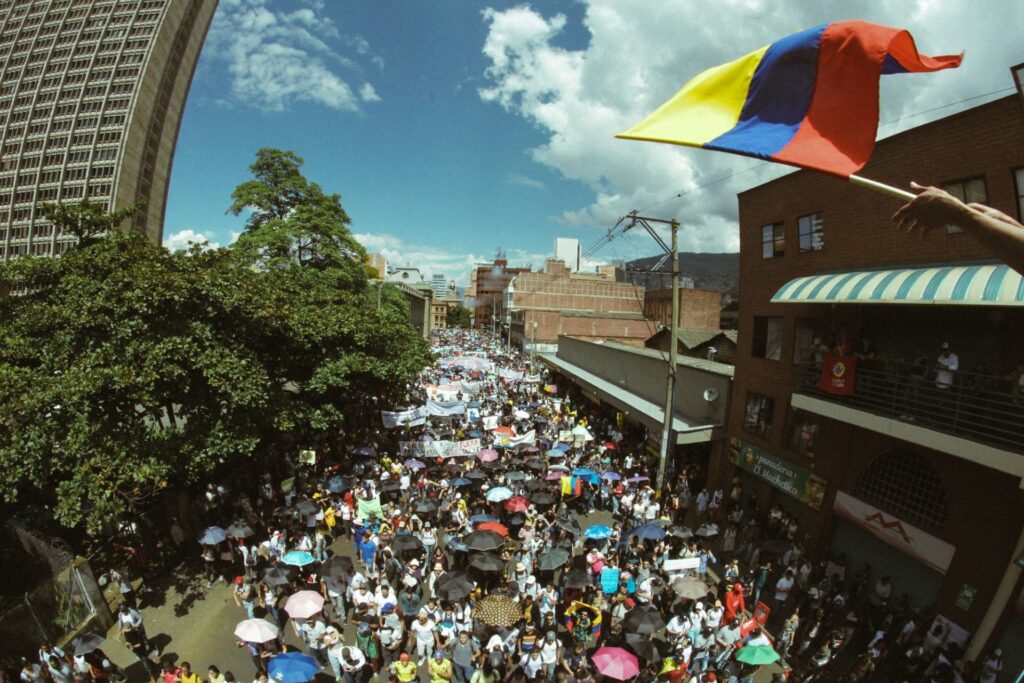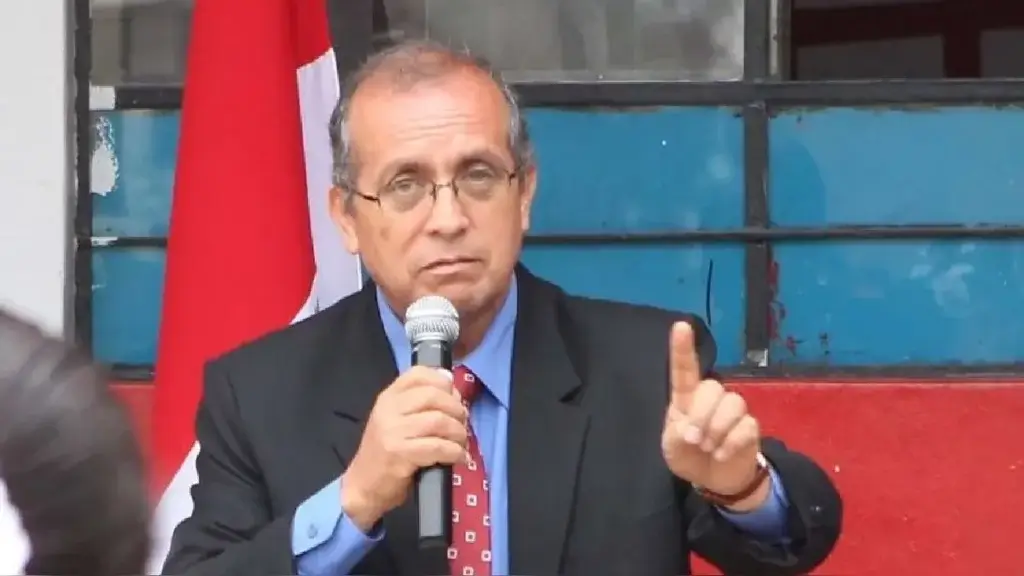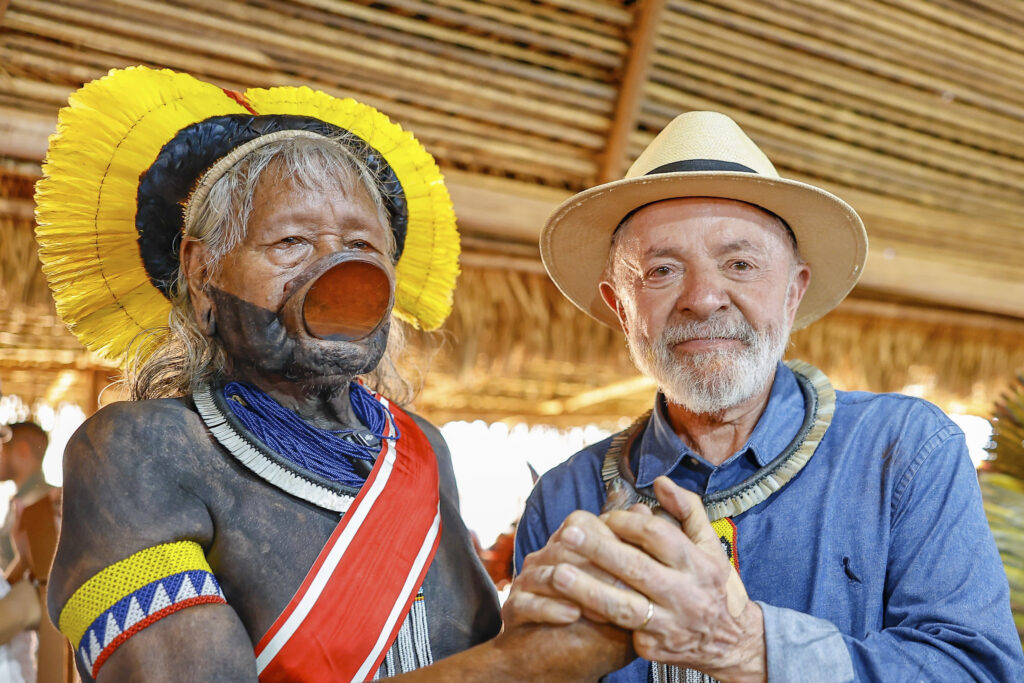Venezuela’s military attaché in Washington no longer has a portrait of Nicolás Maduro overlooking the diplomatic office. Instead, the face of self-declared Interim President Juan Guaidó’s surveys the room in a recent move to wield more diplomatic clout across the continent.
Diplomats loyal to Guaidó took over three diplomatic offices in the United States on Monday, March 18, reported Spanish newspaper El Pais. This also marks the week that Guaidó appointed ambassadors across the globe in flagrant disregard of Nicolás Maduro’s leadership.
Carlos Vecchio, Guaidó’s diplomatic representative in the United States, took control of Venezuela’s Defence and Naval attachés in Washington, while his Minister-Counsellor Gustavo Marcano managed to gain access to the Venezuelan consulate in New York.
The Venezuelan UN mission headquarters, along with the country’s multilateral embassy in Washington remain staffed by those loyal to Maduro. However, the embassy stands nearly vacant after the Chavista president removed many staff members when he broke diplomatic relations with the United States earlier this year.
Jorge Arreaza, Maduro’s minister of foreign relations, released a communiqué on Monday condemning the takeover of the diplomatic offices. He states that they are being “forcefully occupied” by those acting as “agents” for the American government, adding that Vecchio’s actions are a “blatant violation of the Vienna Convention of diplomatic relations.”
“If the American government persists in its failure to fulfil its international obligations, the government of Venezuela reserves the right to make decisions or take legal, reciprocal actions on Venezuelan soil,” he added.
El Gobierno Bolivariano denuncia la ocupación forzosa e ilegal de algunas de sus sedes diplomáticas en EEUU en franca violación de la Convención de Viena sobre Relaciones Diplomáticas. Las autoridades de EEUU deben corregir esta situación irregular de inmediato. Comunicado: pic.twitter.com/v4NoF12lCP
— Jorge Arreaza M (@jaarreaza) 18 de marzo de 2019
Guaidó tweeted that the takeover of the diplomatic offices was to “strengthen bilateral relations [with the US] and to better serve the Venezuelan people in the country.”
It isn’t just relations with the United States that Guaidó wants to strengthen. This week the National Assembly announced six more diplomatic representatives in the UK, Hungary, Bulgaria, the Czech Republic, Poland and Morocco.
On Tuesday, public servant Fabiola Zavarce was named ambassador to Guaidó’s Venezuela in Panama by Panamanian President Juan Carlos Varela, even though the country already has a Venezuela ambassador. General Jorge Durán Centeno, loyal to Maduro, remains in the Venezuelan embassy and he told Prensa Latina that the “usurper” Zavarce will have to create an office elsewhere.
With a power struggle between two governments comes a power struggle between diplomats, as many countries host two sets of ambassadors with conflicting loyalties. Countries which have voiced support of Maduro, such as Russia and China, maintain their current embassies, whereas Maduro has recalled his diplomatic staff from several of the countries that have openly backed Guaidó’s presidency.
Some embassies, such as the one in Washington, were trashed and locked before being abandoned, forcing Guaidó’s representatives to work from rented offices.
Guaidó’s increasing number of diplomatic staff allows the interim president to consolidate his position as president of Venezuela with the National Assembly behind him and a legion of ambassadors across the globe.
However, Maduro still has one thing Guaidó doesn’t: a seat at the United Nations (UN) in New York. Even if Guaidó manages to oust all of the Maduro loyalist ambassadors in all of the countries across the world, the UN provides Maduro with diplomatic links to 193 countries – all in one room.
UN chief António Guterres does not have the power to remove Maduro and replace him with Guaidó. A general assembly would have to be called, explained Guterres’s spokesoman Stéphane Dujarric to the Washington Post, and such a proposal is likely to be blocked by Maduro’s powerful allies such as Russia and China.
The political stalemate continues. Guaidó’s next step will be attempting to set up a free and fair general election that will give Venezuela one president, not two.


